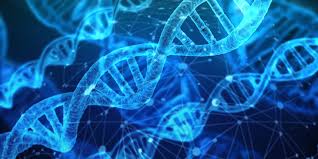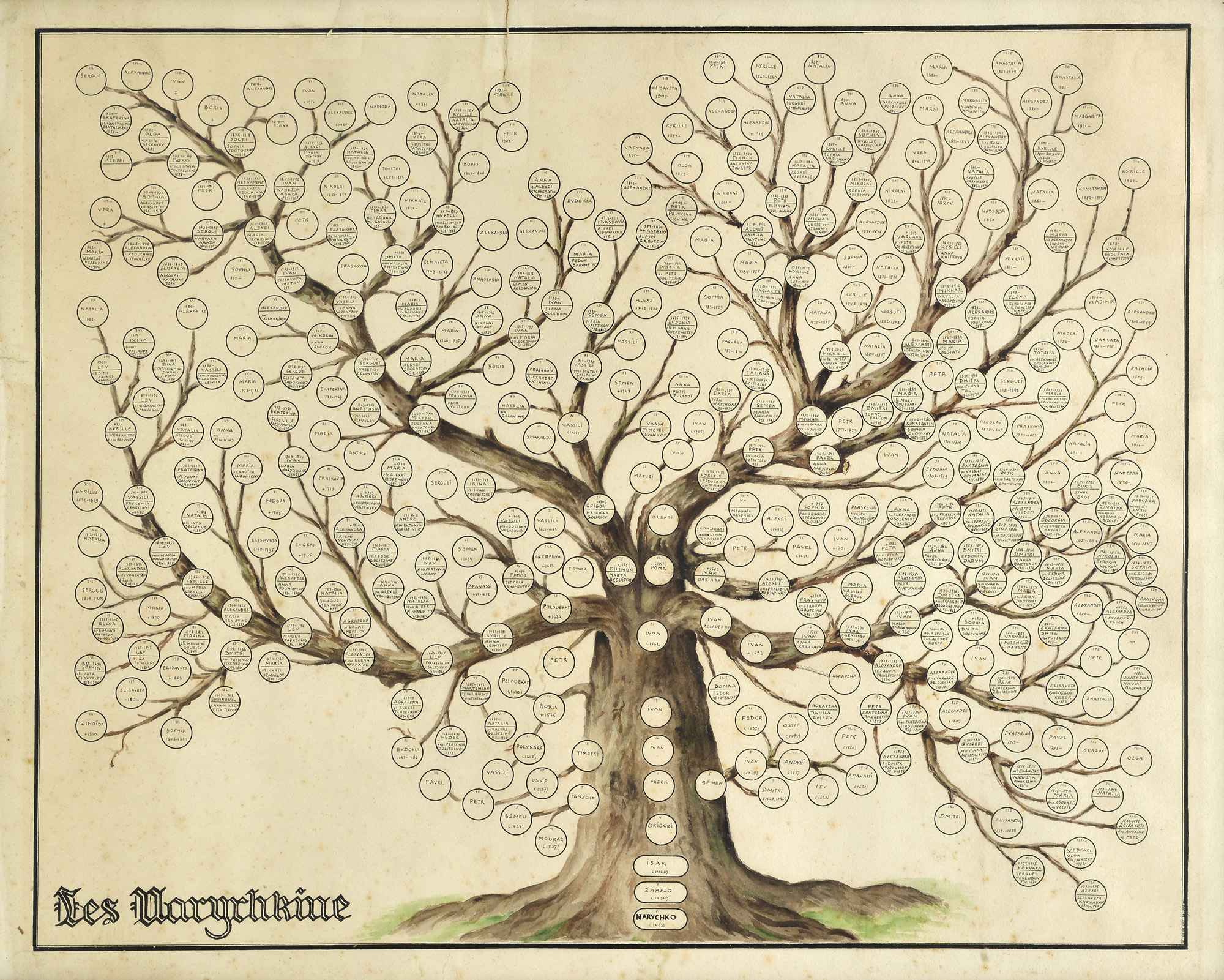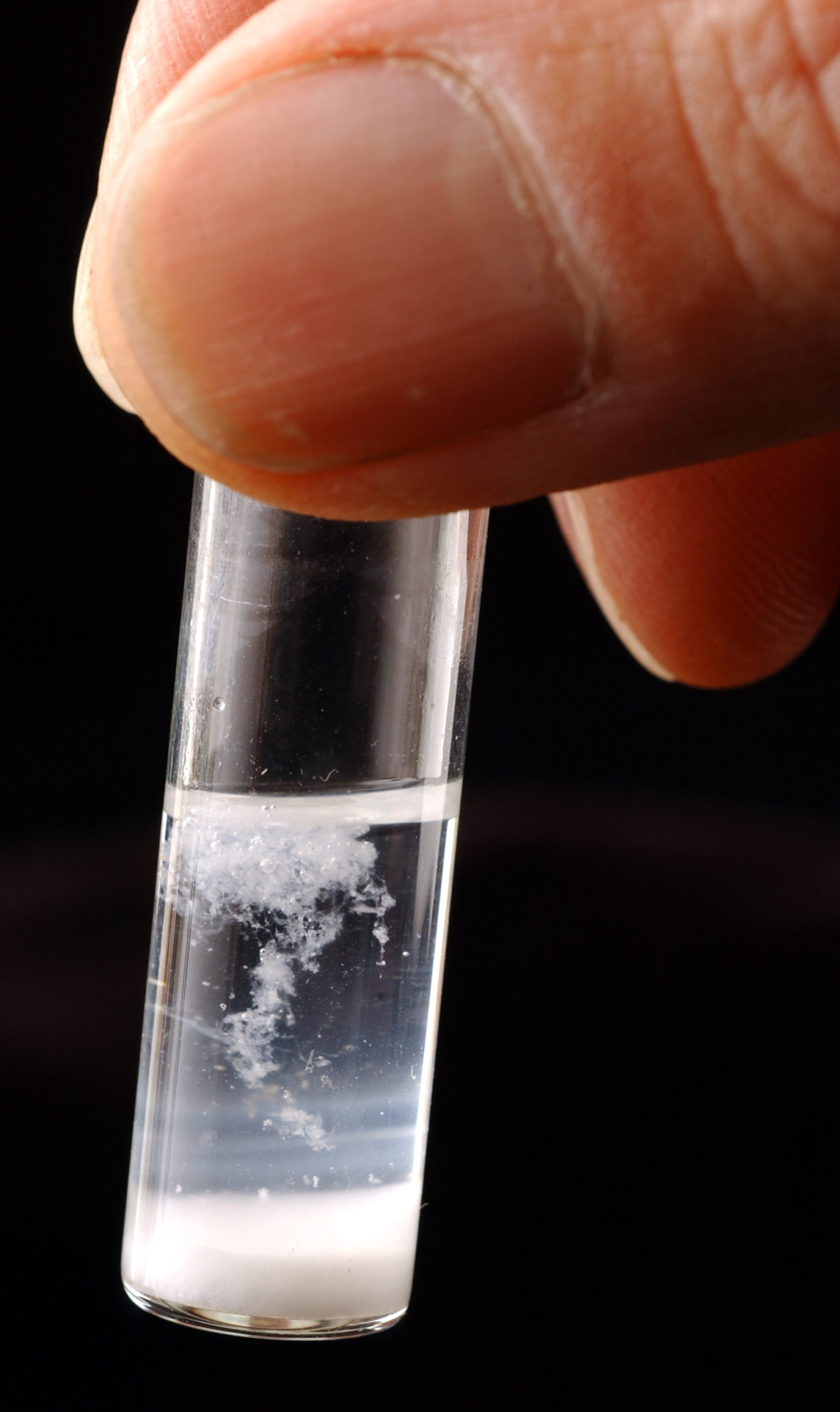
Don’t pick your nose. Don’t cross the road without looking both ways. And for goodness sakes don’t spit! Parental instructions like these have held the test of time.
So, what’s up with so many adults spitting these days? People are not only spitting, but paying to spit in plastic tubes and then dropping their spitbombs into the mail. I am pretty sure this type of activity would have been marked “Federal offense for mail tampering” not so long ago.
But now saliva sampling is the first step in uncovering the secrets of your genealogy/ancestry or possible underlying genetic variants associated with certain diseases. Many of you have heard of two of the most popular genetic testing companies: 23&Me and AncestryDNA. Who in the world wouldn’t want to know what percentage Neanderthal they are? But are direct-to-consumer genetic testing services worth it? Are they accurate, and is your genetic information safe?
DNA Testing And Ancestry

One of my friends was overjoyed to find out he had 30% Ashkenazi DNA ancestry. “I knew it!” he screamed sounding surprisingly like Mel Brooks. Once he calmed down, I welcomed him to the tribe, and told him he was hosting this year’s Passover dinner.
For others, revealing DNA ancestry can dramatically change the picture of their immediate family’s heritage. This is an excerpt from a published letter to the New York Times Magazine ethicist Kwame Anthony Appiah on September 8th, 2018:
I recently took a DNA test out of curiosity for the health information and couldn’t understand the result that I was 52 percent Ashkenazi Jewish. As far as I was aware, both my parents were from Jewish families going back as far as we knew. The following day, having not spoken to my mother for a year, I asked if she wouldn’t mind taking the test. She responded that it was a route that I might not want to go down. Of course, I asked why, and she just came out with the news that my father was infertile and that both myself and my brother were from artificial insemination. She told me not to tell my brother and said that she never wanted to talk about it again. I have been absolutely devastated by this news.
These revelations can shift emotions both ways. Through the powers of online genetic testing and social networks, one of my patients reconnected with her son she had placed for adoption over forty years ago. Her reunion with him has been profoundly positive for both of them.
DNA Testing And Health Conditions
 23&Me advertises they can test for the increased risk of 10 conditions, two of which include breast cancer and late-onset Alzheimer disease. In March 2018, the FDA approved 23&Me to test for 3 variants of the BRCA1 and BRCA2 genes that are associated with a much higher risk of ovarian and breast cancer for women and breast cancer for men. So why wouldn’t someone want to tests themselves for the potential of breast cancer or late-onset Alzheimer’s?
23&Me advertises they can test for the increased risk of 10 conditions, two of which include breast cancer and late-onset Alzheimer disease. In March 2018, the FDA approved 23&Me to test for 3 variants of the BRCA1 and BRCA2 genes that are associated with a much higher risk of ovarian and breast cancer for women and breast cancer for men. So why wouldn’t someone want to tests themselves for the potential of breast cancer or late-onset Alzheimer’s?
Well, most cancers are not associated with known inherited genetic mutations. The BRCA variants account for only 5-10% of breast cancers in the United States. So if you test positive for a BRCA mutation, you will automatically be referred to a genetic specialist for a nuanced discussion of the results. It is my opinion that prior to testing one should sit down with a genetic specialist to discuss the following: Is genetic testing recommended for me in the first place? What will a positive result mean? How will it impact my family members?
With respect to late-onset Alzheimer’s, there really is no good genetic test at this time. The consumer genetic testing options look at the APOE e4 allele to tell the tester about their risk for developing late-onset Alzheimer’s. One of my patients shared her 23&Me test results with me revealing that she had tested positive for the e4 allele. The report she was given did make it abundantly clear that the result was not a definitive test for diagnosing Alzheimer’s disease but indicates she has a slightly increased risk of developing late-onset Alzheimer’s. I turned to the joint practice guidelines of the American College of Medical Genetics and National Society of Genetic Counselors to get their take on testing the APOE e4 allele. They advise against testing for the e4 allele, since it is not necessary or sufficient to cause Alzheimer’s disease.
So are you still ready to spit? DNA testing seems fun, and possibly even informative. Exploring one’s ancestry and disease risk can, though, inadvertently raise new questions. Additionally, DNA testing has limited predictive value for future illness. If you are considering DNA testing, your Baskin Clinic physician would be happy to help you make an informed decision.
